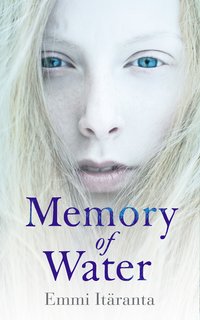Sadece Litres'te okuyun
Kitap dosya olarak indirilemez ancak uygulamamız üzerinden veya online olarak web sitemizden okunabilir.
Türler ve etiketler
Yaş sınırı:
0+Litres'teki yayın tarihi:
30 haziran 2019Hacim:
263 s. 6 illüstrasyonISBN:
9780007529933Telif hakkı:
HarperCollins